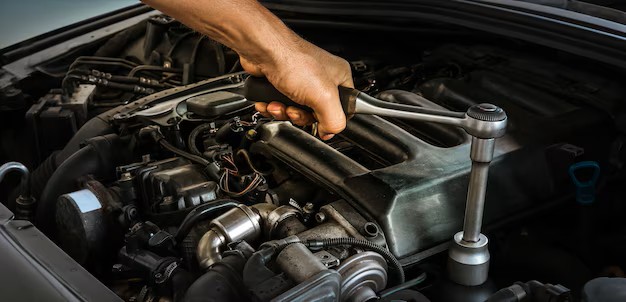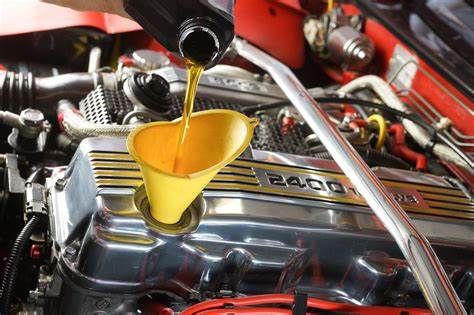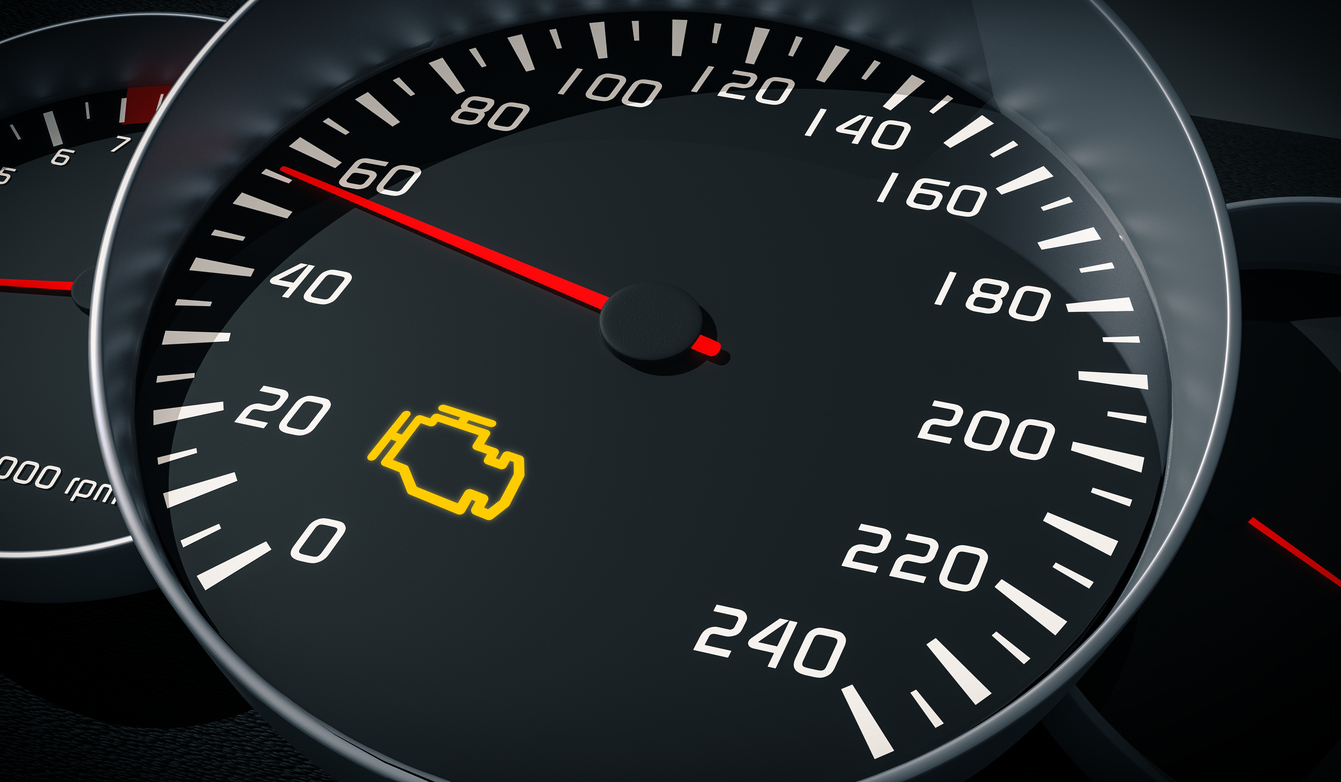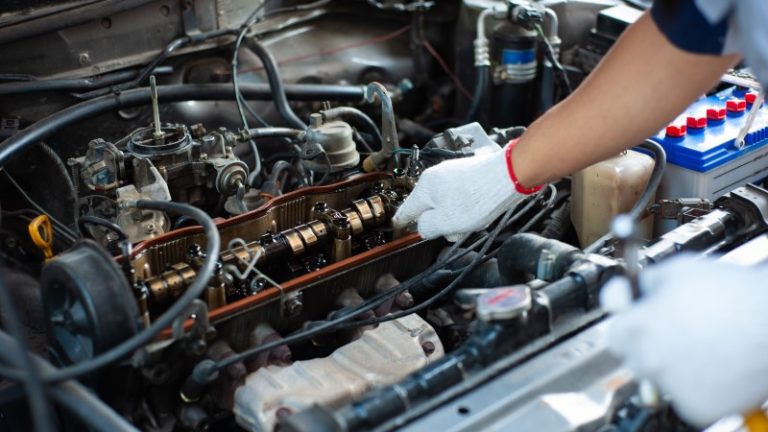Your car’s engine is the heart of your vehicle, and keeping it in top condition is essential for its longevity and performance. However, many drivers unknowingly engage in practices that can lead to significant engine damage over time.
Neglecting regular maintenance, overlooking warning signs, and adopting poor driving habits are among the top culprits. Regular oil changes, monitoring fluid levels, and paying attention to unusual noises and vibrations are crucial steps in maintaining engine health.

Additionally, avoiding aggressive driving and adhering to the manufacturer’s recommended load capacity can prevent excessive wear and tear.
By understanding these common mistakes and taking proactive measures, you can ensure your engine runs smoothly and efficiently, saving you from costly repairs and enhancing the reliability and safety of your vehicle.
1. Neglecting Regular Maintenance
Skipping Oil Changes: Regular oil changes are crucial for maintaining engine health. Engine oil lubricates the moving parts, reduces friction, and prevents overheating. Over time, oil breaks down and becomes contaminated with dirt and debris, losing its effectiveness.
Neglecting oil changes can lead to increased friction, overheating, and severe engine damage. Follow the manufacturer’s recommended oil change intervals, typically every 5,000 to 7,500 miles, depending on your vehicle and driving conditions.

Ignoring Fluid Levels: Besides engine oil, other fluids such as coolant, transmission fluid, brake fluid, and power steering fluid are vital for your car’s systems.
Low or dirty fluid levels can cause various issues, including overheating, transmission failure, and brake problems. Regularly check and top up these fluids to keep your engine operating efficiently and avoid costly repairs.
2. Overlooking Warning Signs
Ignoring the Check Engine Light: The check engine light is your car’s way of communicating that something is wrong. It can indicate a range of issues, from minor to severe.
Ignoring this warning can lead to more significant problems as minor issues can escalate into major ones if left unattended. When the check engine light comes on, have your car diagnosed by a professional mechanic as soon as possible to determine the cause and address it promptly.

Unusual Noises and Vibrations: Strange noises or vibrations coming from your engine can be early warning signs of potential problems. Knocking, ticking, or grinding sounds can indicate issues like worn out bearings, faulty spark plugs, or timing belt problems.
Vibrations can result from imbalanced engine components or misfiring cylinders. Paying attention to these signs and addressing them early can prevent more extensive damage and costly repairs.
3. Driving Habits That Cause Wear and Tear
Overloading the Vehicle: Carrying excessive weight can strain your engine and other components, leading to premature wear and tear. Your car’s engine is designed to handle a specific load capacity, and consistently exceeding this limit can result in overheating, reduced fuel efficiency, and increased stress on the engine. Avoid overloading your vehicle and adhere to the manufacturer’s recommended weight limits.
Driving Aggressively: Aggressive driving habits such as rapid acceleration, hard braking, and frequent high speed driving can take a toll on your engine. Rapid acceleration and high RPMs put extra stress on engine components, leading to increased wear and reduced lifespan.
Hard braking can cause excessive heat buildup and strain on the engine and braking system. Adopting a smoother driving style, with gradual acceleration and braking, can significantly extend the life of your engine and improve fuel efficiency.

